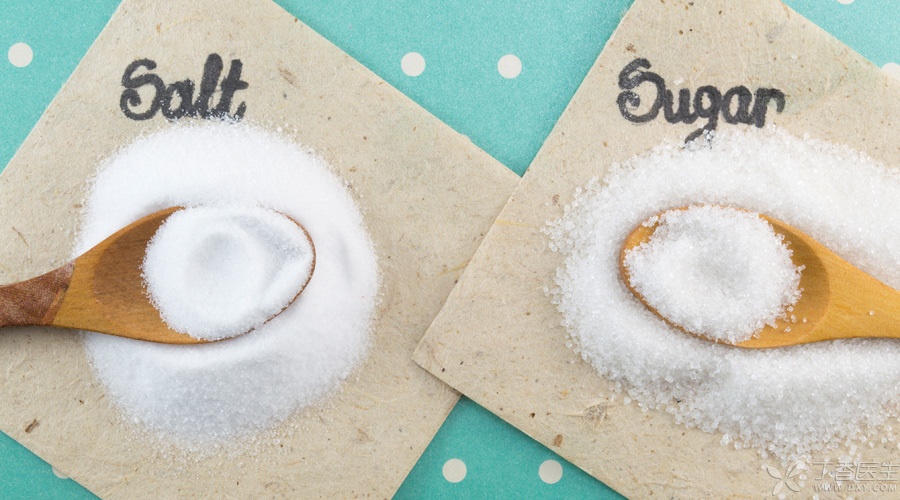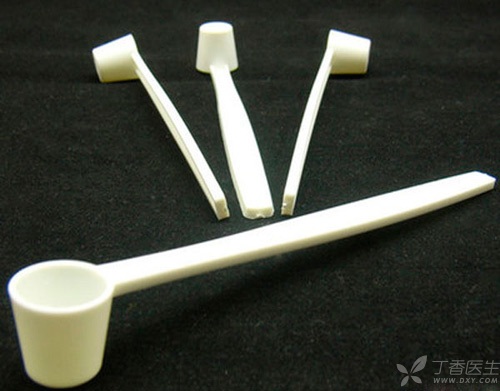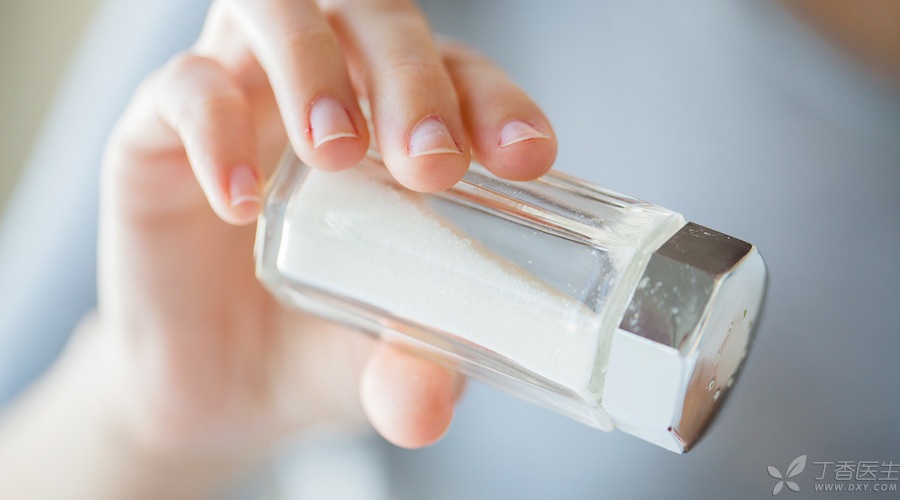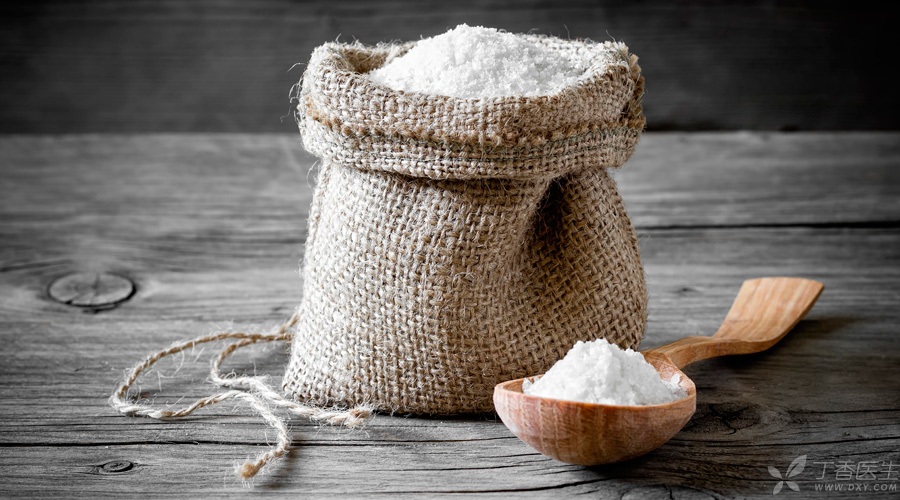The number of adult diabetes patients in China ranks first in the world, reaching 114 million-one in 10 people has diabetes.
From 1980 to 2014, the number of patients with type 2 diabetes in China doubled fivefold.
Why is sugar magic rampant?
In addition to genetic factors, bad habits in life are an important driver of diabetes.
These bad habits include what we are familiar with: eating too much greasy, high-calorie, high-sugar food, etc. This is also why the control and prevention of diabetes always emphasize keeping your mouth shut.
However, one thing, you may not expect-eating too much salt for a long time will also increase the risk of diabetes.
Eating too much salt increases the risk of diabetes.

Some studies have found that on the premise that other lifestyles are similar, people who eat more salt have a 2-fold increase in the risk of diabetes.
The explanation given by the researchers is:
On the one hand, too much salt will increase a substance called [ghrelin] in the body. This substance will inhibit insulin secretion, make the body [resist] insulin, and directly weaken insulin’s hypoglycemic ability.
On the other hand, according to the name, [ghrelin] will increase appetite. Eating too much will naturally lead to obesity, and diabetes is often accompanied by obesity.
In addition, salt will increase hypertension. Hyperlipidemia and hypertension themselves will also aggravate blood vessel damage and increase the risk of diabetes.
If you want to prevent diabetes or control your blood sugar, besides eating less sweet food, you should also remember to eat less salty food.
Eat no more than 6 grams of salt per day.
It is not good to eat more salt, so how much salt should you eat every day?
Healthy adults should not eat more than 6 grams of salt per person per day-that is, the average amount of a bottle cap after the rubber pad is removed from the cap of ordinary beer bottles. If you exceed this amount, you will eat too much salt.
If you are over 65 years old or have been diagnosed with hypertension, it is best not to exceed 5g per day.

It is recommended to buy a 2-gram salt control spoon, and a flat spoon of salt is 2 grams. In this way, on average, one spoon (2 grams) of salt will be eaten per meal.
If you put one spoonful of a dish, if there is only one dish in a meal, you can finish it all. If you cook two dishes, eat half of each dish… and so on. The vegetable soup contains more salt, so it is not recommended to mix the vegetable soup with rice. In this way, you will know how much salt you eat.
Of course, remember, this is only salt, not sodium contained in daily snacks, soy sauce, yellow sauce, etc. Therefore, salt should be put less.
Four Ways to Help You Get rid of Heavy Taste
Accustomed to heavy tastes, eating light dishes always feels tasteless. Therefore, it really takes some perseverance to eat less salt. Share five tips, which may help you say no to heavy tastes.
Step 1 Avoid pickles
Try to eat less pickled dishes and seasonings, such as pickled mustard tuber, bacon, ham, chili sauce, etc.
2. Skillfully Build Food Materials
The flavor of vegetables is used for seasoning. Light food is cooked together with green peppers, tomatoes, onions, mushrooms and other ingredients, which can take flavor from each other and play a coordinating role.

Step 3 Make good use of seasonings
Vinegar, lemon juice, apple juice, tomato juice and other sour seasonings can add food taste and reduce the use of salt.
4. Substitution of science
There is potassium-rich low sodium salt on the market, which can be used instead of ordinary salt. If kidney function is normal, low sodium salt can be bought to eat.
Some studies have found that on the premise that other lifestyles are similar, people who eat more salt have a 2-fold increase in the risk of diabetes.

Of course, preventing diabetes is definitely not something that can be done by eating less salt.
At least five days a week and at least 30 minutes of aerobic exercise (such as fast walking, jogging, swimming, etc.) every day, avoid excessive intake of high-fat, high-sugar, fried and other foods, pay attention to eating more fresh fruits and vegetables, and ensure adequate sleep. If these points are done well, it is far from diabetes.
